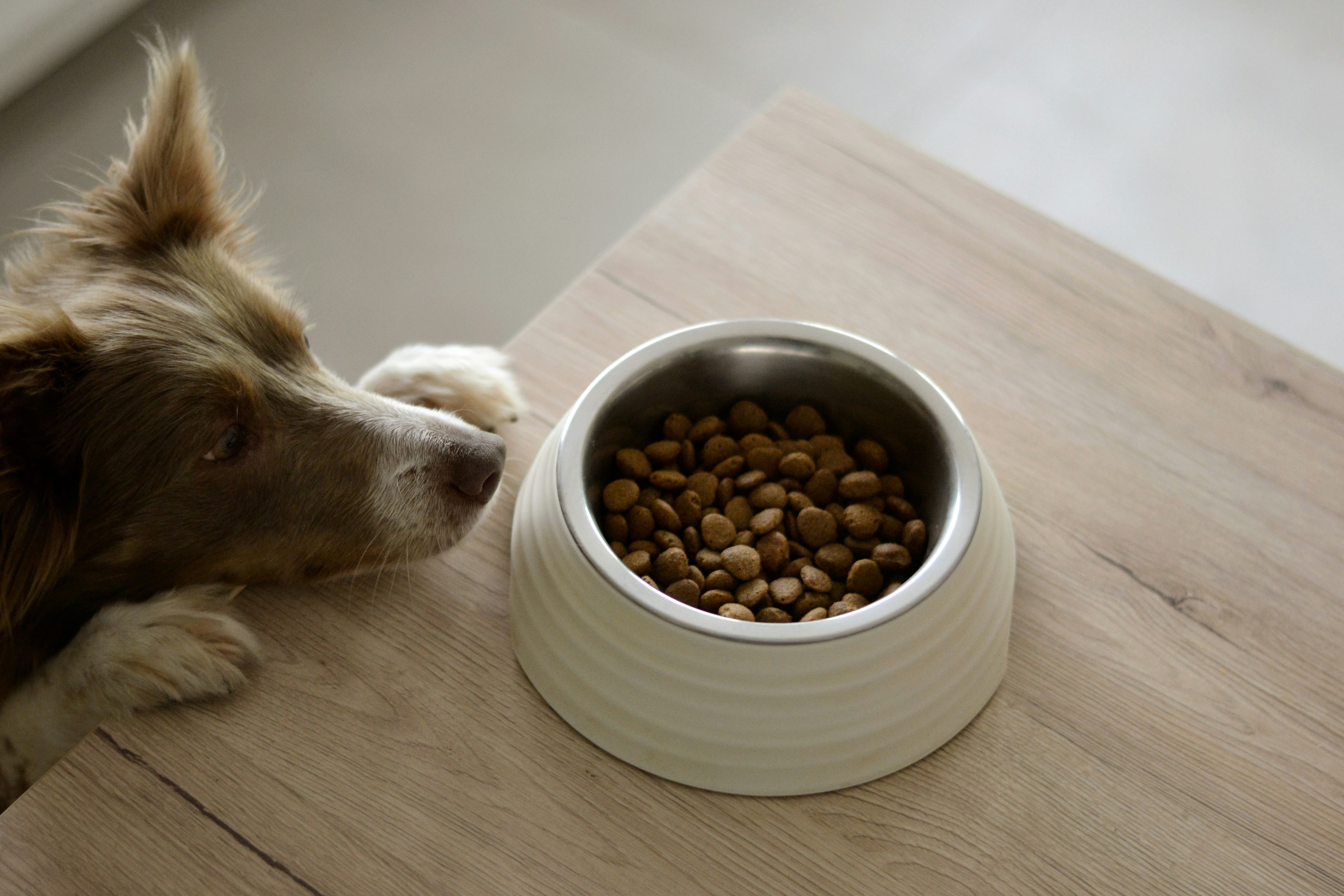Managing stress in remote work: evidence-informed daily practices
Remote work can blur boundaries and increase chronic stress without clear routines. This article outlines evidence-informed daily practices that support energy, focus, sleep, nutrition, movement, and recovery so remote workers can manage stress and build resilience with practical habits.

Remote work often removes the physical cues that separate work from rest, making small habits have outsized effects on stress and wellbeing. Daily practices that address sleep, nourishment, movement, hydration, and attention can reduce physiological stress responses and support cognition and resilience over time. Below are evidence-informed approaches you can adapt to your schedule and environment.
This article is for informational purposes only and should not be considered medical advice. Please consult a qualified healthcare professional for personalized guidance and treatment.
How does sleep and circadian rhythm affect energy and stress?
Consistent sleep timing and alignment with your circadian rhythm are foundational. Regular bed and wake times improve sleep quality, which directly affects daytime energy, concentration, and emotional regulation. Avoiding screen exposure in the hour before sleep, limiting caffeine after midday, and bright light exposure in the morning help anchor your circadian rhythm. Small adjustments to sleep hygiene can reduce baseline stress and improve capacity for focused work.
What nutrition and hydration habits support cognition and recovery?
Balanced meals that include protein, healthy fats, and complex carbohydrates help steady blood glucose and sustain concentration. Regular hydration supports cognition and physical recovery; mild dehydration can impair attention and mood. Schedule simple eating and drinking routines during the day—nutritious snacks, well-timed meals, and a water bottle at your desk—to minimize energy dips that amplify stress and reduce productivity.
How can movement and mobility reduce tension and improve focus?
Brief, frequent movement breaks counteract the stiffness and low circulation that come from sitting for long periods. Short walks, standing work periods, desk stretches, and mobility routines improve blood flow and reduce muscle tension, which in turn can lower perceived stress and improve concentration. Aim for micro-breaks every 30–60 minutes and a longer movement block (20–40 minutes) once a day to support both physical recovery and cognitive clarity.
How do mindfulness and breathwork improve concentration and resilience?
Simple mindfulness and breathwork practices provide tools to down-regulate acute stress responses. Even one to five minutes of paced breathing (for example, slow diaphragmatic breaths) can reduce heart rate variability linked to stress and restore focus. Short guided mindfulness sessions or single-point attention practices during transitions between tasks help reset attention and increase resilience to distractions and pressure.
How can habits, routines, and tracking strengthen long-term stress management?
Establishing predictable routines around morning start-up and end-of-day rituals creates psychological boundaries between work and home life. Habit formation benefits from small, repeatable actions—consistent wake times, a short movement routine, hydration check-ins, and a dedicated wind-down ritual. Tracking progress—whether a simple checklist, a habit app, or a journal—supports adherence and reveals patterns so you can adapt practices that most reliably reduce stress and improve focus.
How to integrate concentration, recovery, and sustainable practices?
Design work blocks that match your peak concentration windows and include scheduled recovery. Use techniques like focused work intervals (e.g., 25–50 minutes) with short breaks to maintain cognition and prevent burnout. Prioritize mobility or light exercise after intensive work to aid recovery. Over weeks, combine sleep regularity, nutrition, hydration, movement, mindfulness, and tracking to build resilience rather than relying on sporadic high-effort solutions.
Maintaining wellbeing while working remotely is an iterative process. Start with a few manageable practices—consistent sleep, regular hydration, brief movement breaks, and short breathwork sessions—and use tracking to see what reduces stress and improves focus. Over time, these small habits accumulate into stable routines that support energy, concentration, and resilience without adding complexity.
Sources: None provided.






